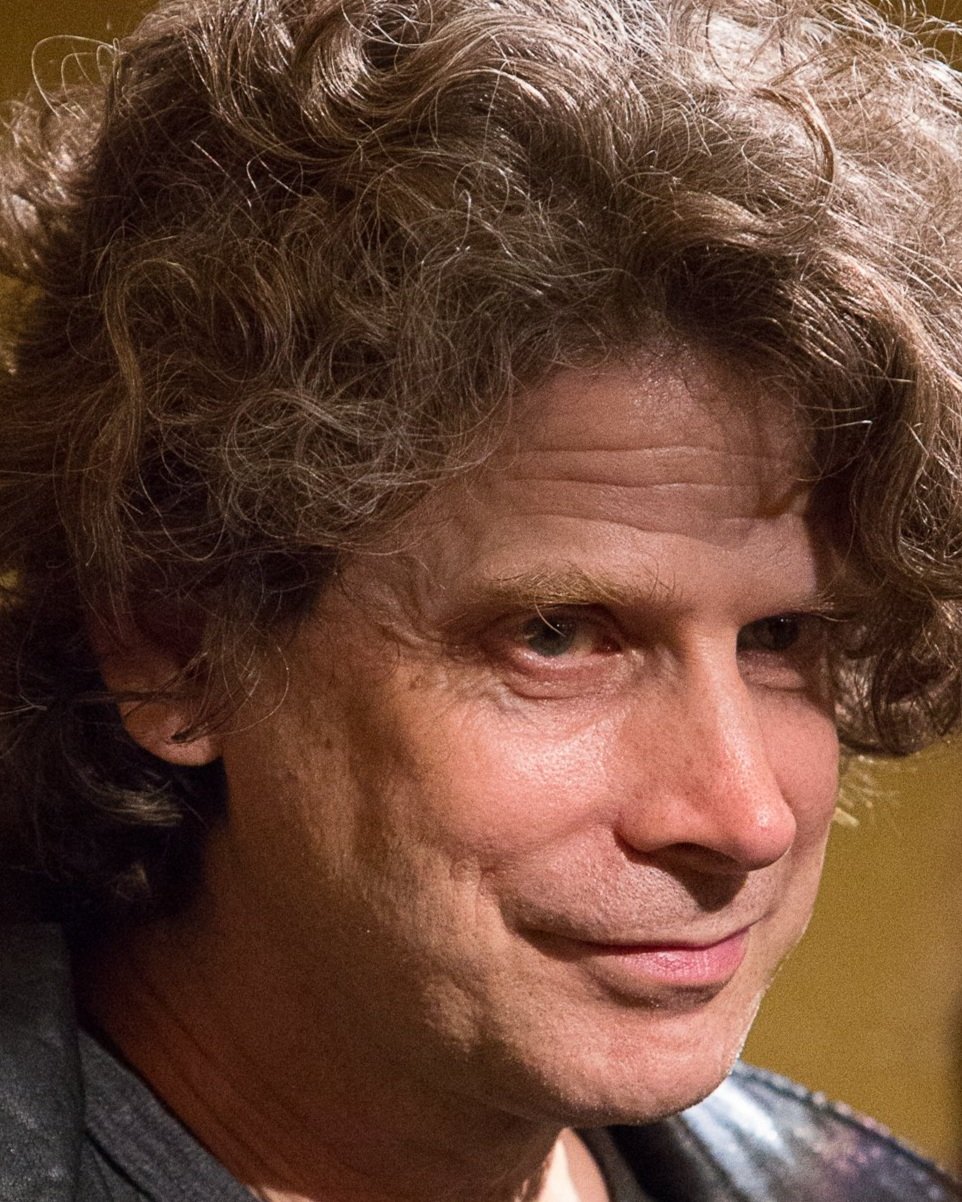Game of Telephone…
I’ve published five memoirs. In every one, I use direct quotation to recount conversations. Why is this okay? How can I guarantee that my friends and I really said those exact words?
In my newest book, You’re Telling My Kids They Can’t Read This Book?, I spend part of chapter three describing a series of 2016 panel discussions at Bank Street College; they were called “Who Are You To Say?” I directly quote Robie Harris, Cheryl Willis Hudson, Allie Jane Bruce, and Joan Bertin. How can I remember exactly what they said, nine years ago?
When I drafted that chapter, I relied on my memory. But then, I thought to check Youtube, because I remembered that the event’s organizer Cynthia Weill, sometimes posted films onto the Bank Street Library channel. To my delight, all four hours of those discussions were online! I was able to fix my quotations by transcribing the footage.
I did the same thing with a lengthy Mumia Abu-Jamal quotation in chapter nine: Youtube provided me with the exact language for his comments about Easton Book Festival.
For another major story however, I didn’t have this luxury. In chapter four, I recount a 1987 conversation with a Children’s Bookstore customer, within a 1989 conversation with Children’s Book Council colleagues, within a 2003 conversation with author Jerry Pinkney. I love being able to do this—unfurl this nested set of conversations. I recall all of these so clearly partly because I’ve told the stories, several times. But—I have no documentary record beyond my own memory. I have been trying to get the only person who participated, who I’m still in contact with, to corroborate, but she seems not to be receiving my messages (it’s been fifteen years since we’ve spoken). So—readers have to take my word for the accuracy of my quotes! (Trust me! It happened this way!)
Yesterday—though—I had an email exchange, about the very first story in this book, in which I stumbled into an unusual problem with correcting a quoted conversation.
I learned that someone had told me something that was inaccurate, and, that I had then repeated, to others, this inaccurate statement. The inaccurate statement I heard and repeated was the very upsetting and shocking information that a hostile person had brought an AR-15 rifle into a bookstore. What I learned on speaking for the first time with the actual store owner involved, was that—in fact—the hostile person had brought the AR-15 rifle IN FRONT of the store.
Outside. He had not entered the store.
Now—as the writer of this memoir—how do I correctly tell the tale of me hearing the (inaccurate) story, and then of myself repeating the (inaccurate) story? It is TRUE that the facts were (slightly) FALSE.
I’m not asking for advice: my wife has already advised me. I’m making my initial storytelling about the episode just slightly more vague (not “into” the store but “to” the store), and I’m adding a detailed footnote.
But—the point here is—if I hadn’t been able to do the fact-checking, then my error—based on the “Game of Telephone” way I learned the story—would have been enshrined in the book. People who then read the book might have told the inaccurate version of the story to other people….
It really makes me understand that even in this era when so many facts seem so well documented—on film!—so often, it still boils down to our fragile memories.
